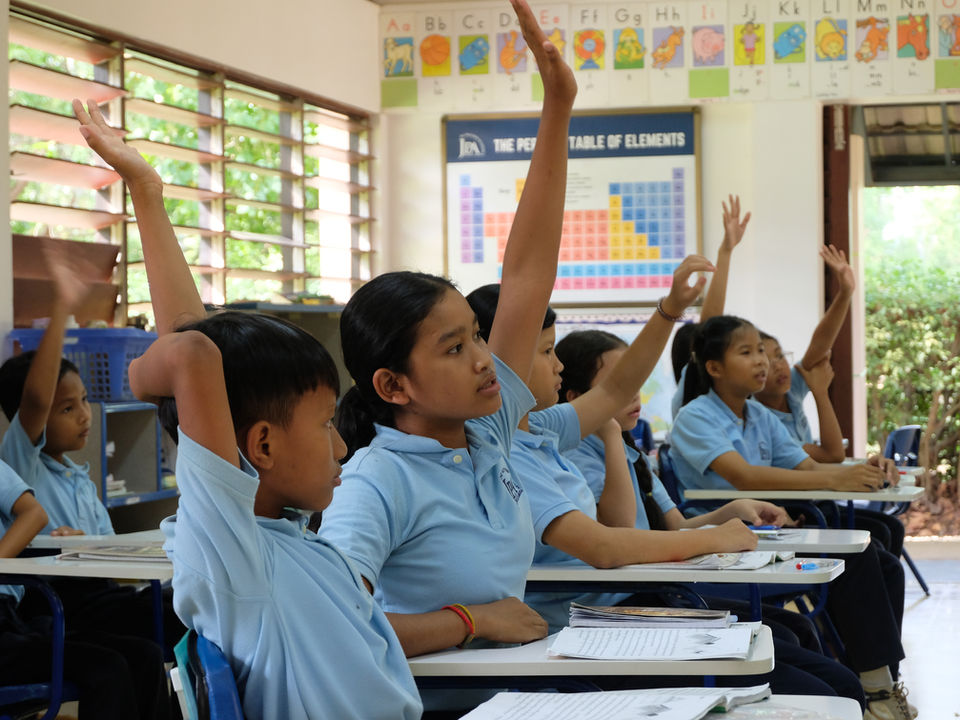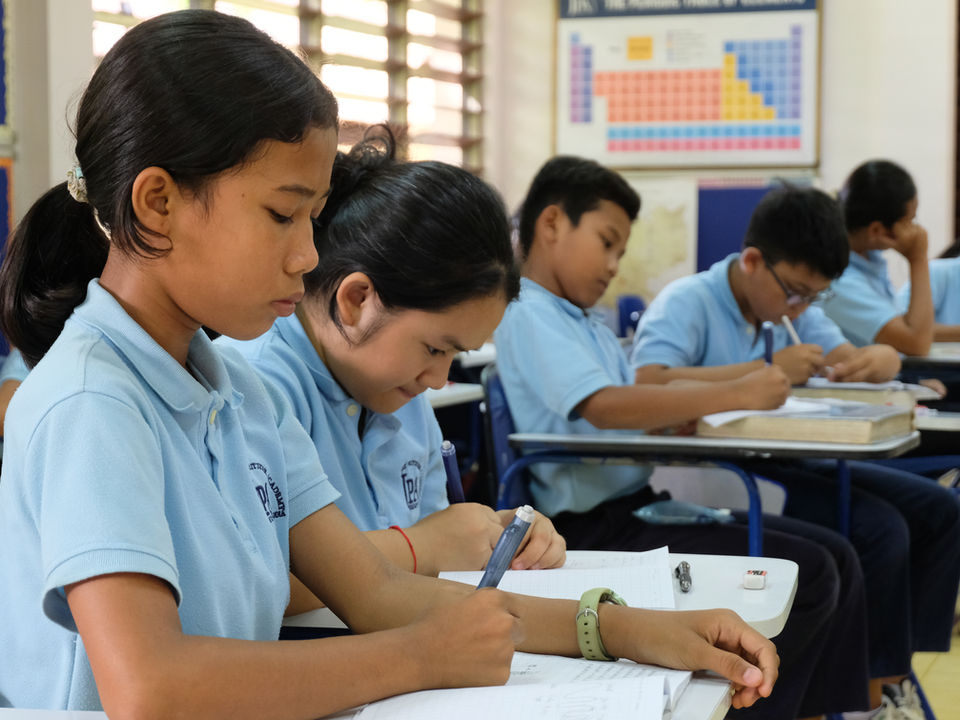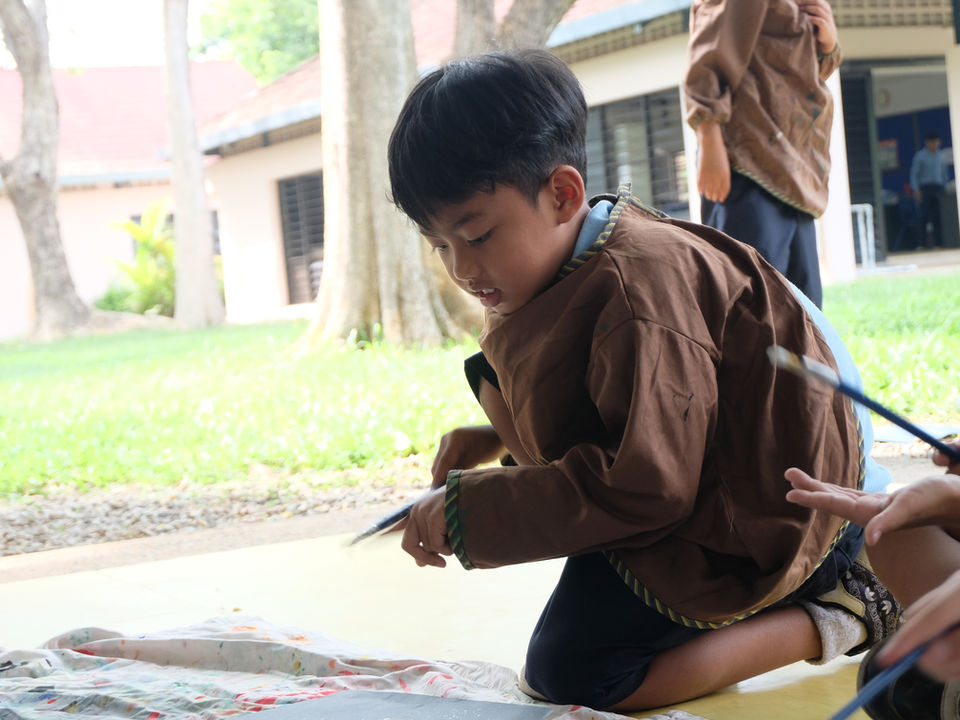
Elementary
From Kindergarten to 6th grade, students focus on phonics, reading comprehension, writing skills, mathematical understanding and scientific exploration of the world.
Elementary school (K-6) is a critical period for building the academic bedrock of a student's education. Across these foundational years, the curriculum focuses on developing essential skills in English Language Arts, Math, Science, and Social Studies. Students progress from initial literacy and numeracy to more complex reading comprehension, fluent writing, multi-digit arithmetic, and an introduction to fractions and decimals. Scientific inquiry evolves from simple observation to conducting basic investigations, while social studies expands understanding of civics, geography, history, and diverse cultures. Beyond core subjects, elementary school cultivates critical thinking, problem-solving, and effective communication. It's an environment where students learn independence, collaboration, and develop a deeper understanding of the world. This comprehensive approach prepares students for the academic challenges of high school, fostering a lifelong love of learning and equipping them with the fundamental knowledge and skills necessary for future success.
Curriculum
English
In K-6 English Language Arts, students build foundational literacy, progressing from phonics and sight words to reading fluency and comprehension across genres. Writing skills develop from simple sentences to paragraphs and multi-paragraph pieces with a focus on grammar, punctuation, and organization. Oral communication and listening skills are honed through discussions, presentations, and understanding diverse texts. Students learn to analyze and interpret literature and informational texts, becoming more skilled and critical readers and writers.
Math
Elementary Mathematics establishes a strong numerical foundation. Students master place value, and the four basic operations (addition, subtraction, multiplication, division) with increasing fluency and larger numbers. They develop an understanding of fractions, decimals, and percentages. Geometry concepts progress from identifying shapes to understanding their properties and spatial relationships. Students learn measurement, data analysis, and begin to explore algebraic thinking and problem-solving strategies to tackle complex mathematical challenges.
Science
Our K-6 Science program fosters scientific literacy through inquiry and exploration. Students develop basic science process skills: observing, classifying, measuring, predicting, and communicating. They explore fundamental concepts in all areas of physical science, life science, and earth science. Through hands-on investigations and experiments, students learn to ask questions, collect evidence, and construct simple explanations based on scientific understandings.
Social Studies
In K-6 Social Studies, students gain a foundational understanding of their world. They study concepts of civics, including the responsibilities of citizenship and the basic structures and organization of governance and societies. Students gain an appreciation of basic economics, understanding needs, wants, and resource allocation. Our geography and history classes allow students to explore Earth’s diverse habitats, societies, and how significant historical events and figures have shaped our world. Social Studies allows our students to develop an awareness of local and global cultures and societies, learning to interpret information and think critically about the past, present, and future.
Khmer Studies
Khmer studies in Elementary School is an accelerated program that ensures that all students have a solid foundation in Khmer language skills, from reading and writing to speaking and being able to express their ideas with clarity and accuracy. Students master Khme script in the early years and then progress to deeper analysis by upper Elementary School. Math and Science classes supply students with the necessary skills and vocabulary to extend their mathematical understanding into Khmer language and context. Social Studies teaches the students about their unique culture, heritage and customs.
_edited.png)














